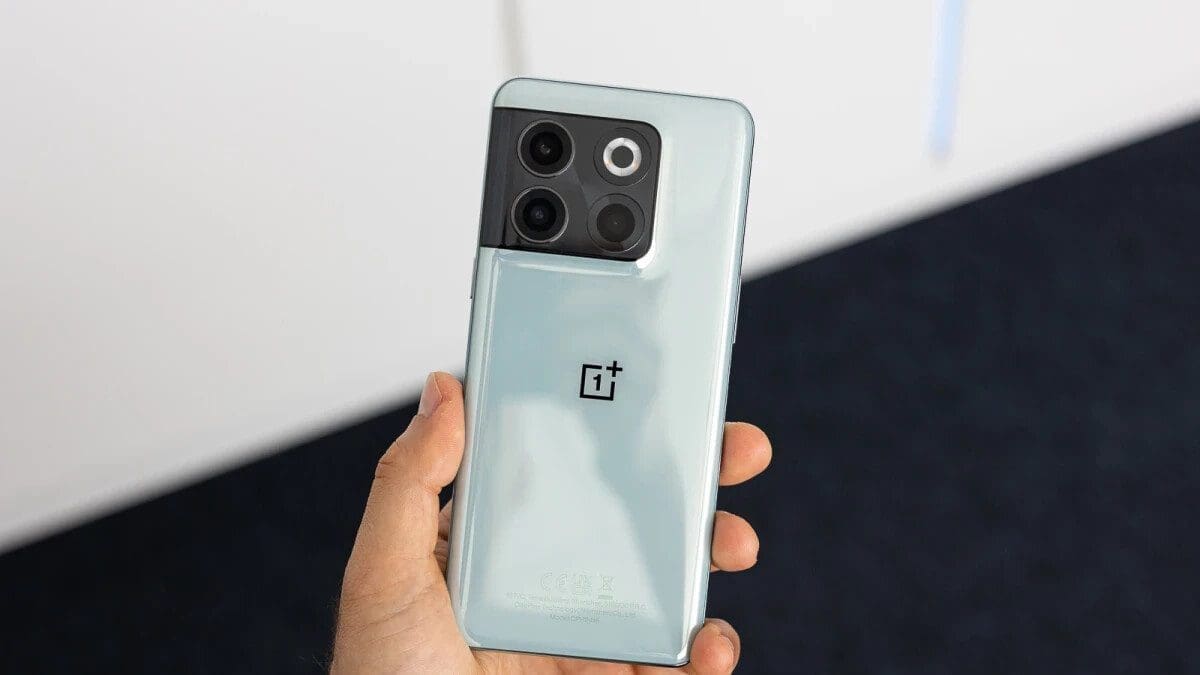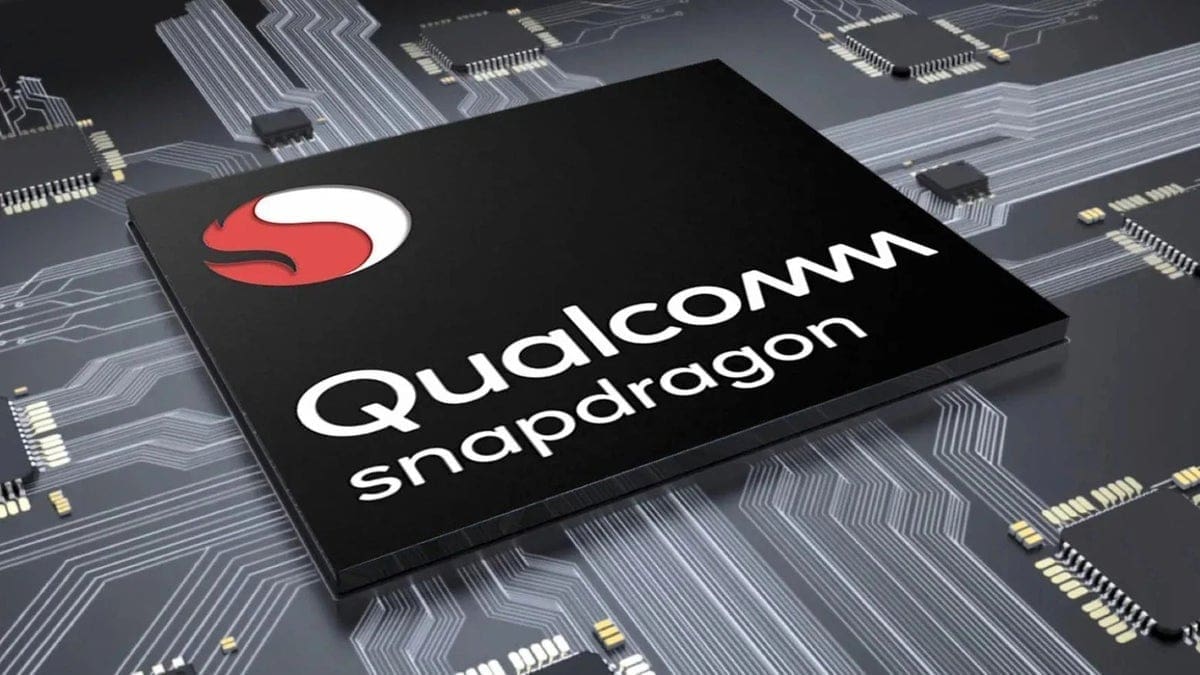Apple Renews Modem Supply Contract with Qualcomm for iPhone 15 Series
Despite previous rumors suggesting that Apple was developing its own 5G cellular modem, the tech giant has recently announced the renewal of its modem supply contract with Qualcomm. This decision has sparked curiosity among users, wondering why Apple chose to partner with Qualcomm instead of utilizing its in-house technology.
It appears that Apple encountered challenges in developing its own power-efficient 5G modem that met the requirements of various frequencies and interference filters. The Wall Street Journal reported that the chip Apple had created was so large it would occupy half of the internal space in an iPhone. As a result, Apple had no choice but to rely on Qualcomm’s Snapdragon X-series modem for the iPhone 15 series.
Apple’s journey towards creating its own modem proved to be a demanding task. After recruiting employees from Qualcomm and Intel and embarking on their modem project, code-named Sinope, Apple faced numerous obstacles. When testing the first prototype last year, they discovered that the modem was sluggish and prone to overheating. Additionally, the circuit board was excessively large, taking up significant space within the iPhone.
Former project engineers revealed that Apple’s executives, lacking experience in wireless chips, set unrealistic deadlines. The teams had to construct prototype versions of the chips and ensure they were compatible with multiple wireless carriers worldwide, a time-consuming process.
In the end, Apple recognized that releasing its own modem would not only be impractical for iPhones but would also put them three years behind Qualcomm in terms of performance and power efficiency.
Consequently, Apple decided to renew its contract with Qualcomm. This agreement entails an annual payment of over $7 billion, affording Apple access to Qualcomm’s advanced 5G modem technology. While some industry insiders suggest that Apple is determined to develop its own modem in the future due to its contentious history with Qualcomm, the decision to renew the contract was necessary to prevent iPhones from falling behind in download speeds and other benefits of 5G networks.
Moreover, Apple’s dedicated fan base expects unlocked iPhones with support for numerous network bands, a feature currently only ensured by Qualcomm’s Snapdragon modem family.
In summary, by partnering with Qualcomm for its modem supply, Apple guarantees that its upcoming iPhone 15 series will offer optimal 5G performance and keep pace with competitors in the market. However, it is likely that Apple will continue to explore the development of its own modem in the future.










